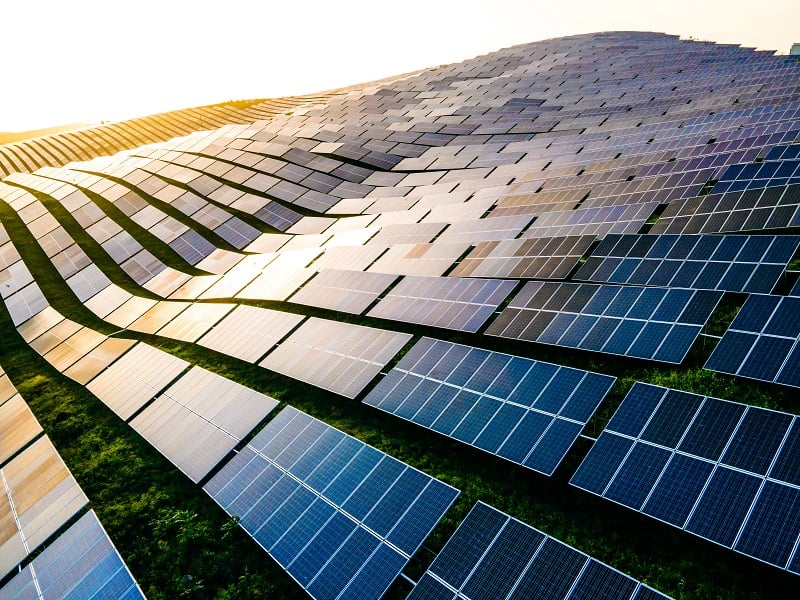
Callum Provan
Content Strategist
Energy ministers concluded negotiations in Sapporo with a statement committing “to accelerate the phaseout of unabated fossil fuels so as to achieve net zero in energy systems by 2050 at the latest”.
But despite this strong wording there was no clear deadline set for the phaseout itself.
Investments in the gas sector also remain permissible “to help address market shortfalls created by the crisis…if implemented in a manner consistent with our climate objectives and without creating lock-in effects.”
Given the current energy crisis many will see this as a necessary caveat, even if it does leave critics asking for more. However, there is no doubt that this latest pledge goes further than previous iterations and sets the tone for negotiations in India at the G20 in September and COP28 in Dubai at the end of the year.
Wind, sun, and coal?
The seven nations made significant new commitments in renewable energy, including a pledge to increase offshore wind capacity to 150 gigawatts by 2030 based on each countries existing targets. they also committed to a collective increase of solar (photovoltaic) to more than one terawatt by the same year.
Previous summits suggest that energy ministers would not commit to these figures without evidence that they could achieve or exceed them under current or planned policy frameworks.
This increased focus on renewables comes alongside an ongoing priority to strengthen supply chains in response to Russia’s invasion of Ukraine. The EU’s own Green Deal Industrial Plan, devised in response to the US Inflation Reduction Act, echoes this shift.
Notably, the statement did not endorse a deadline to end all coal-fired power generation with and without carbon capture technology. Though it does outline that it will invite the International Energy Agency and other relevant organisations to “report on the various actions” associated with its phaseout in line with a just transition.
This data could prove useful in negotiations to come.
Private finance
Considering fossil fuel financing more generally, the statement warns that the actions outlined will not be enough to meet net zero by 2050, pointing to “the large scale of private finance still supporting non-Paris aligned activities, especially in the fossil fuel sector.”
It’s important to note that many public equity investors in the sector are also committed to net zero. Engagement with, and stewardship of, heavy-emitting companies are core principles of investor net zero commitments and guidelines, including the widely used Net Zero Investment Framework.
Engaging with companies represents one of the most significant opportunities for investors to mitigate the risks of climate change on behalf of their clients and beneficiaries, influencing real-world emissions reductions.
Our new Net Zero Standard for Oil and Gas helps investors to outline their expectations and engagement priorities with oil and gas companies, supported by a comprehensive framework to assess their transition plans.
This follows new A to Zero transition plan guidance, applicable across sectors, which is publicly available to help investors and companies alike to identify and establish a credible transition plan.
Negotiations ahead
Tactically, G7 negotiations aim to set a high ambition for climate commitments. If agreed, these aspirations are then brought to the G20 with the hope of securing broader buy in from other major economies. They would then seek to replicate a G20 agreement with all 197 countries at the Conference of the Parties.
It’s a pathway that has worked before, for example in the run up to COP26 in Glasgow, but one that is challenging to pull off.
This statement makes strong assertions, including that “fossil fuel subsidies are inconsistent with the goals of the Paris Agreement,” but how this will unfold across the year remains unclear.
Emerging markets and developing nations are far more reliant on fossil fuels to drive their economies than the G7 and will likely renew calls for global financing to plug the transition gap.
Questions also remain around the willingness of the upcoming COP host nation to decarbonise at speed. The United Arab Emirates has appointed Sultan Ahmed Al Jaber, current CEO of Abu Dhabi National Oil Company, as its COP28 President-Designate.
Nonetheless, sustainable investors may well be quietly optimistic that the global discussion looks to be shifting from commitment to implementation.
If you’d like to take part in our working groups and be the first to see insights and analysis, why not speak to our investor relations manager today to find out more about becoming a part of IIGCC.